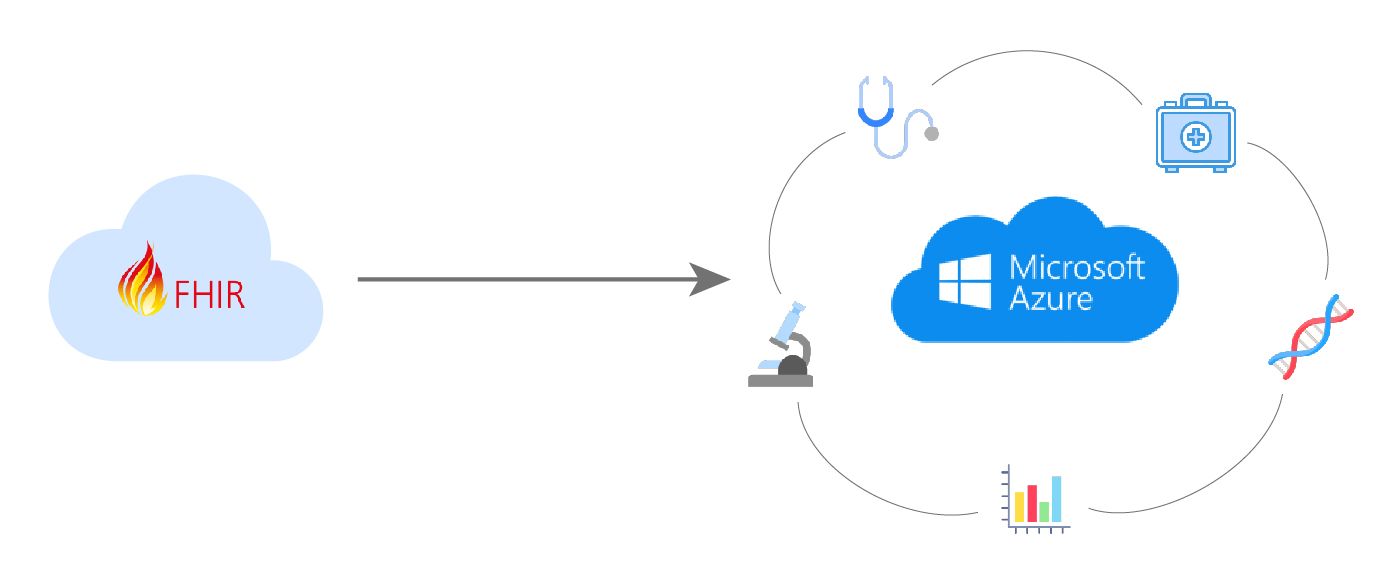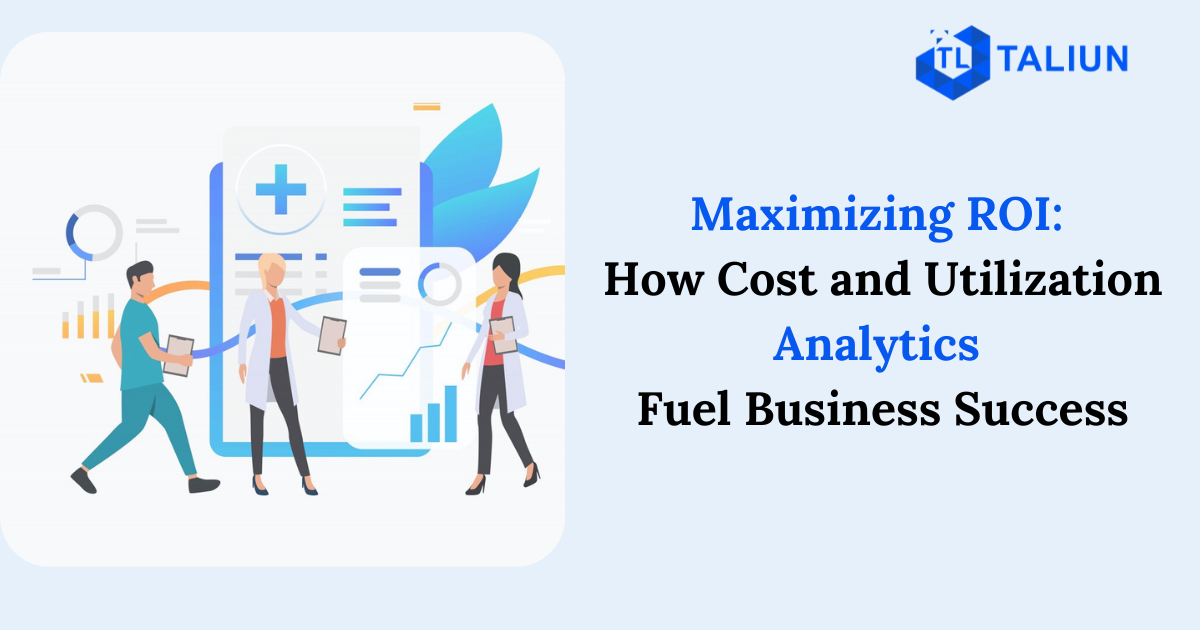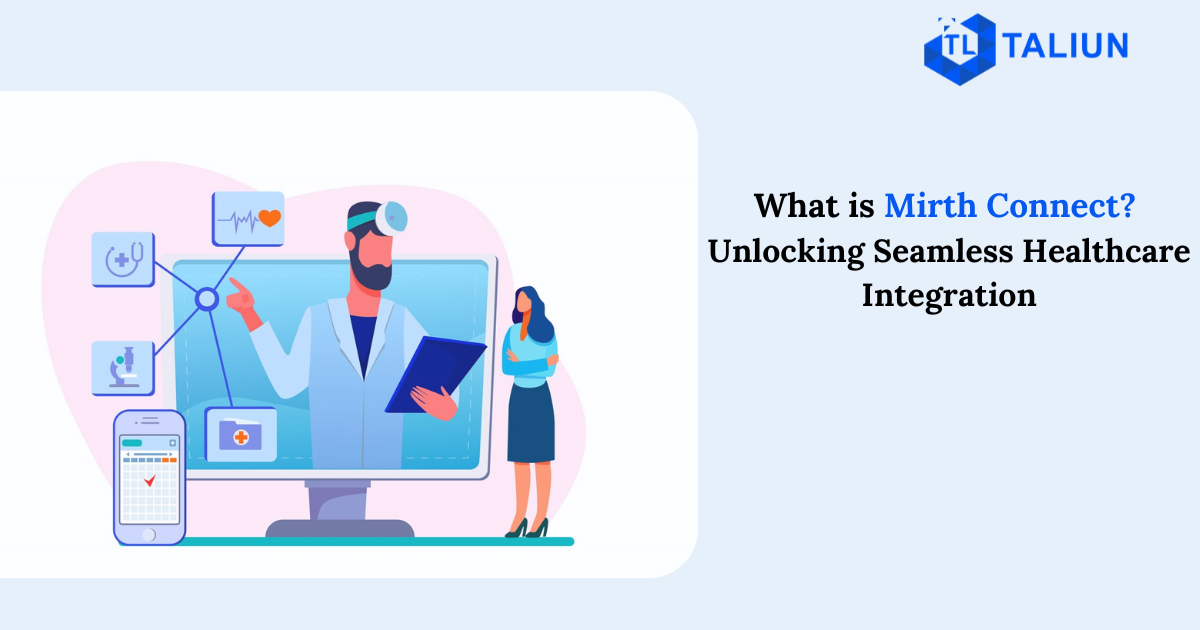Using the power of FHIR and Microsoft Azure for interoperable health data

In today's healthcare landscape, interoperability is key to ensuring patients have the best possible experience. One key way to achieve interoperability is through the use of Health Information Exchange (HIE), which enables healthcare providers to share patient information electronically.
[FHIR] is a leading framework that enables seamless access to a wide variety of data types across healthcare applications, making it an ideal solution for HIE initiatives. In addition, using Microsoft Azure as the platform for hosting your HIE solution provides many benefits including scalability and security.
A cloud-hosted HIE solution can reduce your infrastructure costs while improving the security of your data. While choosing the right platform for your HIE project can be a challenging task, an Azure-based solution can minimize those challenges by providing advanced capabilities that help you secure and manage your data, maintain high availability of your system, and increase visibility into the health of your environment.
With this in mind, let's take a look at some of the benefits of implementing a cloud-based HIE solution in Microsoft Azure. Cloud computing provides several key benefits including an on-demand IT capacity model that enables you to scale rapidly as your business needs change. Instead of maintaining expensive on-premises hardware, you pay only for the amount of resources you consume on a monthly basis.
In addition, accessing your data from any device or location allows you to work on the go without having to carry around heavy laptops. Finally, cloud-based solutions provide greater levels of security over traditional on-premises infrastructure since your data is stored in secure data centers that are protected with state-of-the-art physical security measures.
Because of these advantages, more and more organizations are turning to cloud computing solutions for their mission-critical workloads such as clinical information systems and electronic health records (EHRs). As a result, providers are looking to move to a cloud-enabled future so they can increase operational efficiency and improve patient care while reducing costs.
Patient information is the lifeblood of healthcare organizations because it is the key to providing better patient outcomes, managing population health, and improving the efficiency of care delivery. However, the increasing amount of data being created and stored in EHRs and other IT systems is making it difficult for organizations to derive actionable insights from their data to help them improve quality of care and patient experience.
Organizations are also struggling to meet the complex requirements for data security that are mandated by HIPAA and other industry standards. These challenges are driving the adoption of health information exchange (HIE) solutions that make it easier to share patient information in a secure manner across different systems so that they can leverage it for improving the quality of patient care.
The benefits of adopting an HIE solution are clear - it facilitates easier access to critical healthcare information across the enterprise and allows providers to make data-driven decisions to improve health outcomes and reduce the total cost of care. However, there are several barriers to adoption that need to be addressed to ensure a successful deployment.
These include lack of interoperability among existing systems, organizational resistance and cultural change, and a lack of technical training.Microsoft offers FHIR Server that allows you to build a flexible, scalable and secure foundation for connected health applications that use popular standards-based APIs like HL7 FHIR, JSON, REST and Web services.
This platform enables you to quickly implement your connected health application or extend the framework to incorporate additional capabilities as needed. It is an ideal solution for organizations that want to adopt or extend their existing applications with FHIR APIs to enable them to share information across multiple systems and networks in order to streamline the flow of patient information between
caregivers and enable better care and faster decision making. You can learn more about this platform here.
1. Why is it important for healthcare organizations to implement health information exchange solutions?
In order for organizations to leverage data to drive improvements in patient care, it is essential to implement Health Information Exchange (HIE) solutions that enable secure sharing and access to patient data across diverse systems.
Connected health applications have become a necessity as more and more healthcare providers move to a patient-centered model of care. HIE solutions make it easier for these organizations to access and integrate clinical and non-clinical data sources from disparate sources to provide a holistic view of a patient’s health status and improve the patient experience.
This enables them to provide higher quality care at a lower cost and help reduce the healthcare burden on patients and the healthcare system as a whole.
2. What types of challenges do organizations face when implementing HIE solutions
Common Data Model in Healthcare - Clinical Terminology Service
- Including standard definitions for all commonly used clinical concepts such as admission reason, medication, diagnoses, etc. Also includes synonyms for each concept so that care providers can easily find the terminology that best describes their condition.
3. What are the key features of Microsoft Azure Azure provides a wide range of services and features that help organizations develop and implement their technology solutions at scale. The scalable cloud services offered by Azure help organizations leverage the power of technology to create innovative products and enhance operational efficiencies while reducing IT costs.
Some of the key services included as part of Azure include
Infrastructure as a Service: Azure IaaS makes it easy to build, deploy and manage server workloads in the cloud. Organizations can easily manage multiple virtual machines using a single management console and can seamlessly scale their services up or down depending on their needs.
Storage as a Service: Azure Blob Storage is a storage service that provides reliable, durable and secure storage for a wide range of workloads including files, virtual machines and databases. Azure Blob Storage offers unlimited storage and provides transparent global access from both inside the organization and over the Internet through a fully managed service that includes built-in durability, backup, and replication capabilities.
Platform as a Service: Azure App Service makes it easy for organizations to quickly create, publish and scale web apps to the cloud without worrying about managing the underlying infrastructure or maintaining the code base. It provides enterprises with a reliable, secure and fully-managed platform to run web apps and APIs.
Database as a Service: Azure SQL Database is a fast, durable, and massively-scalable relational database service in the cloud that enables you to quickly create and run highly available, elastically scalable and highly performant SQL databases without worrying about hardware provisioning, database administration or patching issues. It offers auto-scaling, high availability, geo-replication and the ability to run SQL databases on Linux or Windows. It also supports integration with existing on-premises data sources, as well as hybrid and multi-cloud deployments.
Machine Learning as a Service: Azure Machine Learning is a fully managed cloud service that makes it easy to set up, train and deploy machine learning models without having to manage the underlying infrastructure. It enables you to quickly and easily build machine learning-powered apps without any programming or data science expertise.




